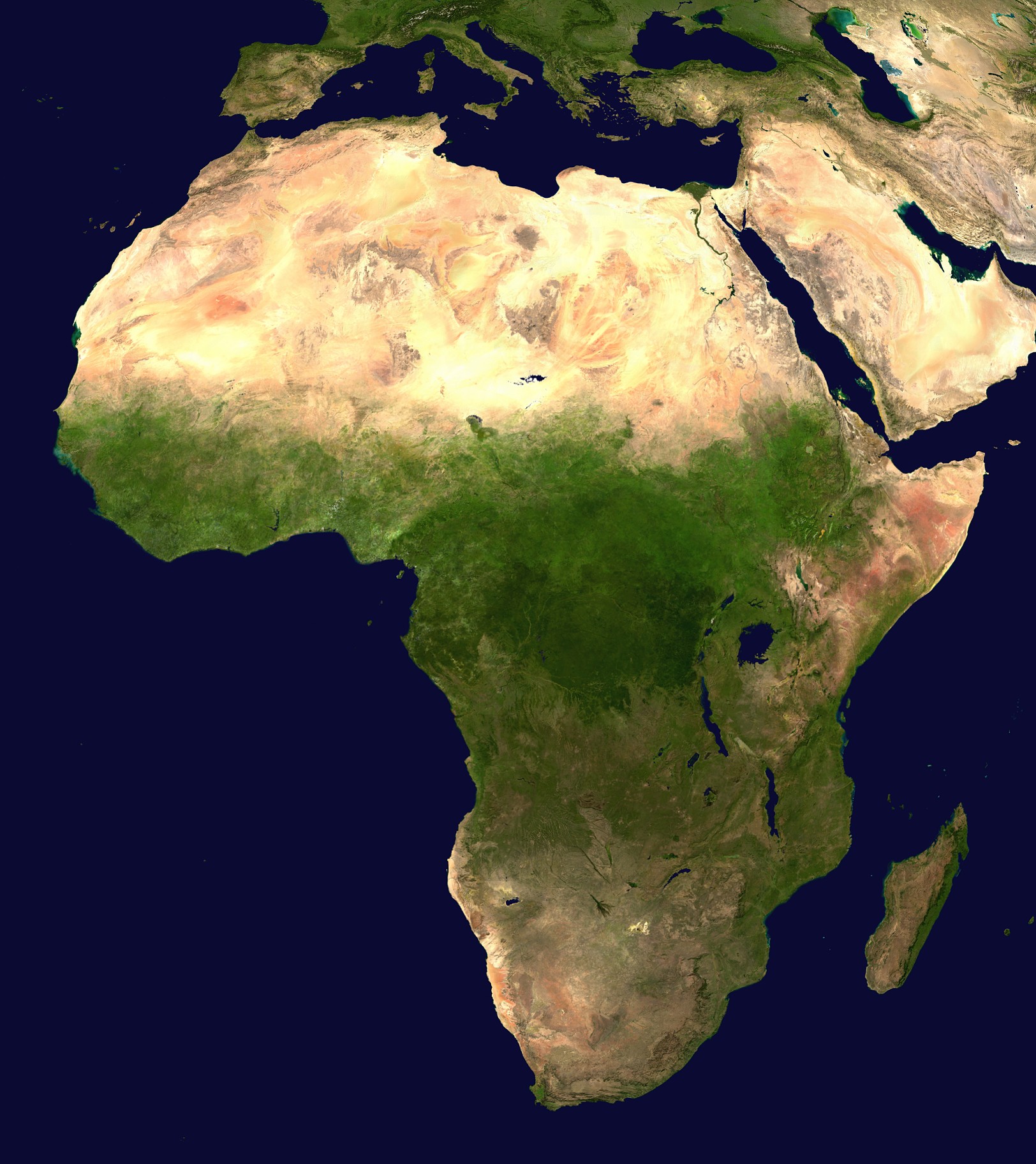GREEN STATISTICS FOR AFRICA
In February 2013 Morten Jerven, Associate Professor at Simon
Fraser University, Vancouver, published a book
"Poor Numbers: How We Are Misled by African Development Statistics and What To Do About It". On February 25 the Financial Times reviewed the book
"Consequences of a continent’s miscalculations". Essentially, the book and the review highlight the errors
in African development statistics and call for more accuracy so that policy
makers, investors and the general public have a better idea of what is going on.
The most famous and most extreme example of this occurred in 2010 when Ghana recalculated its gross domestic product and added 60 per cent ($13 billion) literally overnight.
In response to the FT review I wrote a letter to the paper
saying that content is just as important as accuracy and that statistical
methods currently in use in Africa, largely inherited at independence, are inadequate
for understanding the world’s most challenging continent. This letter was
published on March 3 as
"Investors need fresh models of African growth". On 4 April I used this letter as the basis
of a blog post under the title
Salivating Investors Beware.
On October 23 the FT’s new Africa Editor, Javier Blas, revived
the issue with an article,
“Africa economic data: investors fear numbers fail to add up”. This was followed on October 28 by an FT Editorial
“Africa at Dawn”. The main message of the Editorial was that "showering" African government statistics agencies with resources would pay off in the long run by "putting investors in the picture". While these
two pieces reinforce the need for statistical accuracy, neither mention the
need for new statistics designed for the 21
st century. For this
reason I wrote another letter to the paper entitled “Green statistics for
Africa”. This letter was not published.
NOTE: For an overview of letters published
click here. Although the FT website is open to subscribers only the paper allows 8 free articles per month per e-mail address. Just click follow the link and sign up.
LETTER
Sir,
As
the Africa Rising narrative unfolds, your report "Africa economic data: investors fear numbers fail to add
up" (Oct 23) and Editorial “Africa at dawn” (Oct 28) are timely reminders that
accurate statistics that “put investors in the picture” are crucial if the
continent is to maintain its attraction as an investment destination and
continue its rise.
If,
as you imply, “showering” African government statistics agencies with resources
would produce reliable economic data, create confidence and “could deliver a
surprisingly large return, lowering capital costs and attracting foreign investment”, there is no time to lose in accelerating the
process. Getting a clearer and more accurate picture of the world’s most
promising but most challenging continent would help smooth the road ahead.
However,
in addition to showering resources on the conventional statistics introduced
into Africa over the past 50 years, such as balance of payments (as you
suggest), they should also be showered on a new set of statistics developed for
the 21
st century, a set of 'green' statistics that will help measure
levels of sustainability. If Africa is to cope with the challenges of the
coming decades, seize the opportunities and, as many hope,
pioneer green growth, accurate green statistics are
crucial. Fortunately, Africans are now well qualified to produce them.
In
the past 20 years, since the failure of the post-colonial development model,
Africans have been laying the foundations for a green economy through their
long-term sustainable development programs. Across Africa there is now a
vast network of little-known green initiatives and success stories - public, private
and combined. In the 5 years since the financial crash African leaders,
championed by the African Development Bank, have been calling for green
investors to support the transition to the green economy. A welcome boost to
Africa's green economy took place on 10 October when AfDB launched a
triple-A-rated $500 million
Inaugural Green Bond that was 10 per cent over-subscribed.
From
Morocco to Mozambique, Ethiopia to Senegal, Africa is turning green, yet
despite these advances the green economy has not yet entered mainstream reports
and discussions on Africa’s growth story. In this year’s record number of
Africa summits and conferences the green economy hardly gets a mention and
Africa’s green statistics are nowhere to be seen. As Afro-optimism turns to
Afro-euphoria, without information on sustainability investors in a hurry who are not "in the picture" might find their
returns short-lived.
As
the sponsors of next year’s Africa meetings plan their agendas and invite their
speakers, the time is ripe for introducing the green economy as an essential
topic, starting with accurate and meaningful green statistics. Although they
may uncover some "inconvenient truths" they will also reveal many
that are very convenient. Africa's green economies, when measured, may be
larger than we can imagine.
END OF LETTER
